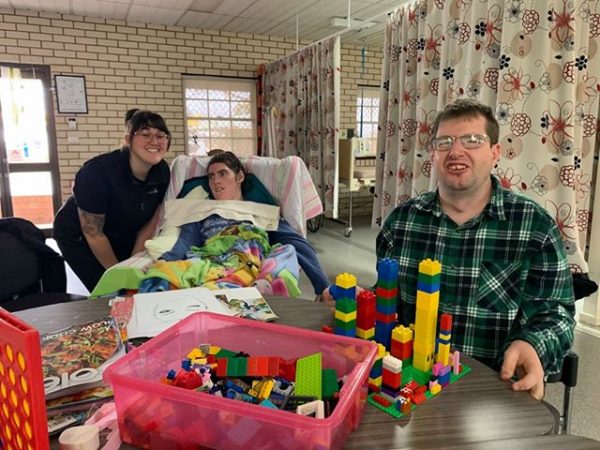
A NEW report has highlighted the discrimination and hardship people with disability face, with over 60 percent of survey respondents unable to afford to get access to the disability support they require.
Disability Rights Now 2019: Shadow Report to the United Nations Committee on the Convention on the Rights of Persons with Disabilities (CRPD) has been a collaborative effort by Disabled People’s Organisations, disability representatives and advocacy organisations from around Australia.
The report, which has been endorsed by over 80 organisations from around the country, includes the findings from a survey of almost 900 Australians with disability and reviews the country’s progress in implementing the CRPD, which focuses on upholding the rights of people with disability.
Executive Director of Women With Disabilities Australia, Carolyn Frohmader, says the report was an opportunity for people with disability across Australia to tell the United Nations about the widespread hardship, discrimination, violence and poverty they face every day.
“As part of the national consultation, nearly 900 people with disability from every State and Territory filled out a survey.
“The results showed how far we still have to go in making sure we have the same rights as everyone else.
“Australia is breaching our human rights commitments to people with disability, including in the areas of violence, restrictive practices and forced sterilisation, education and the over-representation of people with disability in the criminal justice system,” Ms Frohmader says.
Chief Executive Officer (CEO) of First People’s Disability Network, Damian Griffis, says the report also shows Indigenous people with disability routinely have their rights ignored, particularly in the criminal justice system.
“Indigenous people with disability are 14 times more likely to be imprisoned than the rest of the population,” Mr Griffis explains.
“50 percent of the total prison population report a history of psychosocial disability, almost one-third report disability, and 25 percent to 30 percent of prisoners have an intellectual disability.”
Mr Griffis says survey respondents reported major concerns over the National Disability Insurance Scheme (NDIS).
“People with disability emphasised how hard it is to access the NDIS, how difficult the NDIS is to us and about long waits for advocacy to help with the process.
“In addition, a majority of people with disability (61 percent) reported not being able to afford or get access to the disability support they need.
“Many people with disability die decades younger than their non-disabled peers.”
Ms Frohmader added that the report shows how far Australia has to go before people with disability have the same freedoms and rights as non-disabled people.
“We know Australia has made significant progress over the last five years with the implementation of the NDIS and the establishment of the Royal Commission into Violence, Abuse, Neglect, and Exploitation of People with Disability, but many of the issues that we reported on before are still the same in 2019, and that has to change.”
The UN Committee on the Rights of Persons with Disabilities will review Australia’s progress in September in Geneva and a delegation of people with disability will be in attendance to present this report to the CRPD Committee and discuss the findings.
The groups who contributed to the report include:
- Disabled People’s Organisations Australia (DPO Australia)
- Council for Intellectual Disability NSW (CID)
- Queensland Advocacy Incorporated (QAI)
- Advocacy for Inclusion (AFI)
- Disability Advocacy Network Australia (DANA)
- Australian Centre for Disability Law (ACDL)
- Queensland Voice for Mental Health (QVMH)
- Children and Young People with Disability Australia (CYDA)
- Australian Federation of Disability Organisations (AFDO)
The Disability Rights Now 2019 report was made possible by the Australian Government Attorney-General’s Department and PwC Australia.
You can read the report here.
